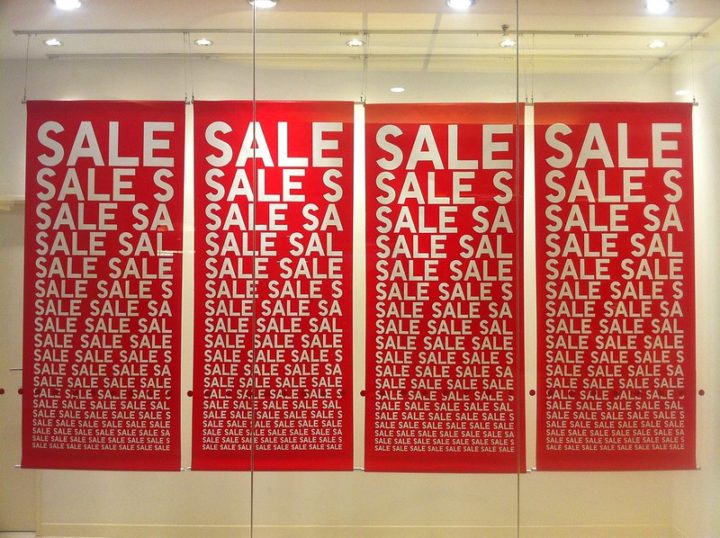
Who doesn’t like getting a good deal? You have to spend money in order to save money, though – and some who spend more than they anticipate, to save less than they had hoped, are more likely to end up regretting it.
That’s one of the findings of a recent survey conducted by Savings.com. The conclusion may seem obvious – people who buy things they don’t need just for the fun of it, are more likely to have buyer’s remorse – but it’s interesting nonetheless, if only to see if you recognize yourself in the results.
Savings.com surveyed more than a thousand cost-conscious shoppers and categorized them into two types of savers. There are those who are “Value-Conscious,” who are focused purely on the bottom line when they look for cost savings. “These consumers show more restraint in spending and tend to be highly satisfied with their purchases,” Savings.com explains. And there are the “Deal-Prone,” who seek out promotions because they feel good when they take advantage of a deal. “The deal-prone shopper loves the psychological excitement of discount shopping,” Savings.com says, but “they end up paying for it in more ways than one.”
The results gave “smart shoppers” the edge over “impulse shoppers,” with 55% considered value-conscious and 45% deal-prone. Deal-prone shoppers are more likely to have made a discounted purchase around once a week, with virtually none of them saying they had gone an entire month without taking advantage of a deal. As a result, they were more likely to have spent more when taking advantage of their most recent discount – an average of $50, versus the $40 spent by value-conscious shoppers.
And many of them ultimately regret it.
“Taking advantage of a deal feels great but often has unfortunate consequences,” Savings.com notes. Among survey respondents who said they have ended up regretting all of their recent purchases, 85% were identified as deal-prone, while only 15% were value-conscious. On the flip side, 65% of those who regret none of their recent purchases were value-conscious shoppers, while only 35% were deal-prone.
Studies have shown that taking advantage of a bargain can boost your mood. But that mood might not last. “Impulsive buyers feel a temporary high when shopping that leads to feelings of regret after making a purchase,” Savings.com notes. “These negative feelings of dissatisfaction can compel shoppers to buy impulsively again to feel better.”
And buy again they will. There’s been a lot of talk lately about boycotting brands and retailers whose values or politics don’t align with your own. Value-conscious shoppers who take a stand by shifting their spending away from a controversial brand are more likely to stick to it, while deal-prone shoppers are more likely to forgive and forget – if they can get a good deal.
“Though value-conscious shoppers appreciate the cost savings of a discount, nearly 48% said they wouldn’t accept any discount as an apology for bad brand behavior, while only 25% of deal-prone shoppers said the same,” Savings.com found. With the deal-prone less likely to stick to their convictions, “it just goes to show that this type of consumer psychology is so driven by feelings of satisfaction that they don’t always make the best purchasing decisions,” Savings.com concludes.
So if you’re a deal-prone shopper, you already know that saving money can feel good. But the value-conscious shopper knows that not spending money can feel pretty good, too. The secret is to find a balance that leaves you with more money – and fewer regrets.
Image source: bfishadow













